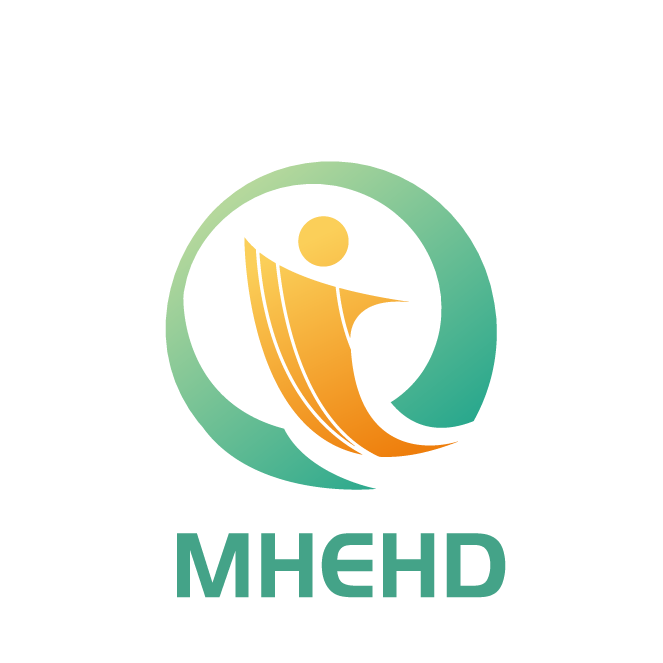


- About MHEHD 2024 - 2024 5th International Conference on Mental Health, Education and Human Development 2024 5th International Conference on Mental Health, Education and Human Development will be held on May 17-19,2024 in Kaifeng, China. MHEHD2024 is to bring together innovative academics and industrial experts in the field of Mental Health, Education and Human Development to a common forum. The primary goal of the conference is to promote research and developmental activities in Mental Health, Education and Human Development and another goal is to promote scientific information interchange between researchers, developers, engineers, students, and practitioners working all around the world. The conference will be held every year to make it an ideal platform for people to share views and experiences in Mental Health, Education and Human Development and related areas. We warmly invite you to participate in MHEHD2024 and look forward to seeing you in Kaifeng, China!
| - CALL FOR PAPERS -
1. Psychology · Educational psychology · Learning psychology ... 2. Education · Education and Teaching · Innovative Education ... 3. Human Development · philosophy · Law ... For more information, please click: |
IMPORTANT DATES
Full Paper Submission Date | Registration Deadline | Final Paper Submission Date | Conference Dates |
March 10, 2024 | April 1, 2024 | April 28, 2024 | May 17-19,2024 |
- SUBMISSION -
For more information, please click: - PUBLICATION -
For more information, please click: All papers for MHEHD2020 have been published. Click All papers for MHEHD2021 have been published. Click All papers for MHEHD2022 have been published. Click All papers for MHEHD2023 have been published. Click -ORGAINED BY-
- SUPPORTED BY-
|













